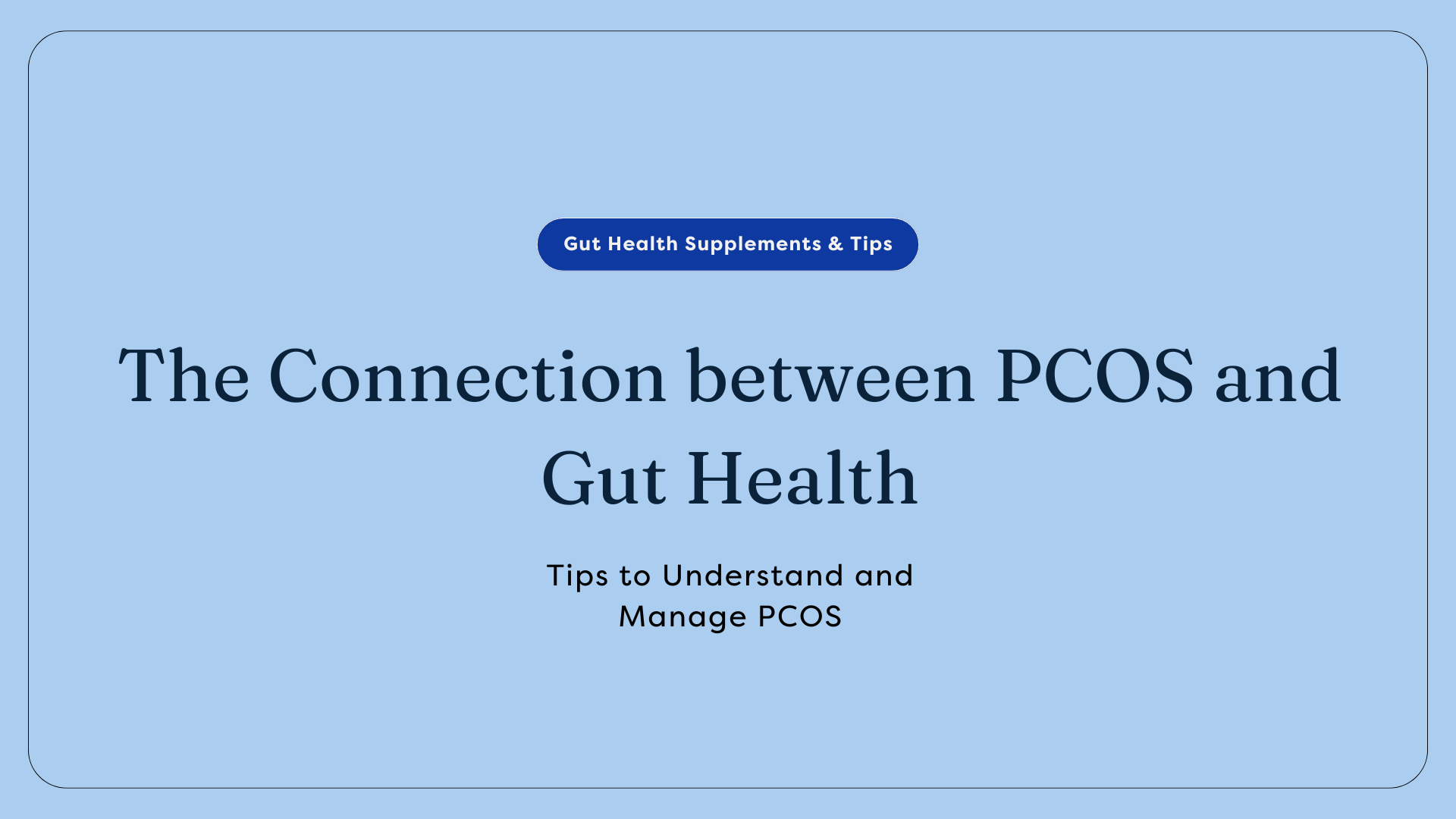In the intricate ecosystem that is the human body, maintaining a delicate balance is essential for overall well-being. One factor that can disrupt this equilibrium is Candida, a type of yeast that naturally resides in our bodies. While Candida is typically harmless in small amounts, an overgrowth can lead to a variety of health issues. In this blog post, we'll explore what Candida is, its common symptoms, and how you can support your gut health to eliminate Candida overgrowth.
Understanding Candida
Candida is a type of yeast that is present in various parts of the body, such as the mouth, throat, and intestines. In a healthy body, the immune system and beneficial bacteria keep Candida levels in check. However, factors like a weakened immune system, poor nutrition, and prolonged antibiotic use can disrupt this balance, leading to an overgrowth of Candida.
Common Symptoms of Candida Overgrowth
Identifying Candida overgrowth can be challenging, as its symptoms often overlap with other health issues. Here are some common signs that may indicate a Candida imbalance:
- Digestive Issues: Persistent bloating, gas, and indigestion can be signs of an overgrowth.
- Recurring Yeast Infections: For women, frequent yeast infections may be a red flag.
- Fatigue and Weakness: Candida overgrowth can lead to nutrient deficiencies, causing fatigue.
- Brain Fog: Difficulty concentrating and mental fog may be associated with Candida-related toxins.
- Skin Problems: Eczema, acne, and other skin issues can be linked to Candida.
- Sugar Cravings: An insatiable sweet tooth may indicate an overgrowth, as Candida thrives on sugar.
Supporting Gut Health
If you suspect Candida overgrowth, taking steps to support your gut health is crucial. Here are some lifestyle changes that may help:
- Balanced Diet: Adopt a diet rich in whole foods, emphasizing vegetables, lean proteins, and healthy fats. Limiting sugar and refined carbohydrates can starve Candida.
- Probiotics: Introduce probiotic-rich foods like yogurt, kefir, and fermented vegetables to promote the growth of beneficial bacteria. The Booster is a great two-a-day probiotic for you if you suspect a Candida overgrowth
- Antifungal Foods: Incorporate antifungal foods like garlic, coconut oil, and oregano into your diet to help combat Candida.
- Hydration: Drinking plenty of water flushes out toxins and supports overall bodily functions.
Supplemental Support for Candida Overgrowth
In addition to lifestyle changes, certain supplements can play a crucial role in supporting your body's fight against Candida overgrowth. Keep in mind that individual responses to supplements may vary, and it's advisable to consult with a healthcare professional before adding new supplements to your routine. Here are some supplements that may help in addressing Candida overgrowth:
- Caprylic Acid: This fatty acid, derived from coconut oil, has potent antifungal properties. Caprylic acid works by disrupting the cell membranes of Candida, helping to control its overgrowth.
- Berberine: Known for its antimicrobial properties, berberine has been shown to inhibit the growth of Candida. It also supports a healthy balance of gut bacteria.
- Oregano Oil: With powerful antifungal and antimicrobial properties, oregano oil can be effective in combating Candida. It's available in supplement form, but dosage should be monitored as it is potent.
- Garlic Extract: Garlic has natural antifungal properties and can help combat Candida overgrowth. Garlic supplements, in addition to incorporating fresh garlic into your diet, can provide extra support.
- Probiotic Supplements: While probiotic-rich foods are beneficial, supplementing with high-quality probiotics can introduce a diverse range of beneficial bacteria to your gut, creating an environment less conducive to Candida overgrowth.
- Grapefruit Seed Extract: This extract is known for its antimicrobial properties, including antifungal activity. It can be found in supplement form and may help control Candida.
- Zinc: A well-functioning immune system is crucial in controlling Candida overgrowth. Zinc supports immune function and can be taken as a supplement if you have a deficiency.
- Vitamin D: Adequate levels of vitamin D are essential for a robust immune system. Consider getting your vitamin D levels checked, and supplement if necessary, especially if you spend limited time in the sun.
Taking the Next Step: The Gut Testing Package
While lifestyle changes can be beneficial, pinpointing the root cause of your symptoms is crucial for effective treatment. The Gut Testing Package is a comprehensive test that analyzes the microbes living in your gut, providing valuable insights into Candida overgrowth and other issues.
If you're experiencing persistent symptoms or want to proactively assess your gut health, consider ordering The Gut Testing Package. This at-home test and included review session with a licensed registered dietitian, provides personalized information to guide your journey towards a healthier gut.
Understanding Candida and its potential impact on your health is the first step towards reclaiming balance in your body. By recognizing common symptoms, making lifestyle changes, and taking advantage of advanced diagnostic tools like the Gut Testing Package, you can take control of your gut health and work towards a happier, healthier you.









Leave a comment
All comments are moderated before being published.
This site is protected by hCaptcha and the hCaptcha Privacy Policy and Terms of Service apply.